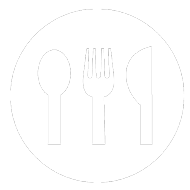Diet and cholesterol- fact vs fiction

Fiction: Cholesterol is bad for you
Fact: Cholesterol is actually vital for proper functioning
Cholesterol is actually the starting material for the production of bile salts and for steroid hormones such as testosterone, oestrogen and vitamin D. It also plays a role as part of the structure of cell membranes. However, your body actually produces the cholesterol it needs, so you don’t need any from food.
One of the key reasons people think of cholesterol as ‘bad’ is there are two types – one of which is considered unhealthy.
Low-Density Lipoproteins (LDL), the ‘bad’ - are actually the main transporters of cholesterol in the body, taking cholesterol from one part of the body to another. However, excessive levels may lead to deposits of cholesterol in the arteries, increasing the risk of cardiovascular disease.
High-Density Lipoproteins (HDL), also known as ‘good’ cholesterol, picks up excess cholesterol in the body and transports it to the liver, where it is readied for excretion, or to other areas of the body that are in need of cholesterol.
READ MORE: What you need to know about cholesterol
Fiction: Diet is the most important factor in determining your cholesterol levels
Fact: Family history & lifestyle also have a part to play
While it’s true consuming saturated and trans-fats are believed to be linked to higher levels of LDL cholesterol, and eating a diet rich in fibre and including plant sterols in your diet may help to decrease the absorption of cholesterol, diet alone does not determine your cholesterol levels.
So what other factors matter?
There is a genetic component to cholesterol levels = and lifestyle factors also have an impact – stress, smoking, inadequate exercise and living a sedentary lifestyle can all contribute to increased levels of LDL cholesterol.
Looking after all these elements, including your diet, keeping up to date with your cholesterol check-ups, and taking any prescribed medications as directed are all key to maintaining healthy levels.
Fiction: Eating fats is bad
Fact: Eat good fats for healthy cholesterol
Consuming saturated and trans fats increase your levels of LDL-cholesterol – and trans fats and also lower your level of “good” HDL-cholesterol.
But that doesn’t mean that you cut all fat from your diet and it’s important to include foods that contain monounsaturated and polyunsaturated fatty acids – these include omega-3 and omega-6 essential fatty acids, in your diet.
Additionally, it’s common for those following a low fat diet to pick products with no or low fat on the label. These products often make up for the taste lost in removing the fat by replacing it with sugar – and too much sugar in the diet is not good for your cholesterol levels either.
So not sure how to separate the good from the bad? Saturated fats are found in fatty meats, full fat dairy products, processed foods and fatty deep-fried take-away foods. Trans fats are naturally occurring in small amounts in dairy foods, veal, beef, lamb and mutton. Synthetic trans fats may be found in processed foods, margarines, store bought baked goods and take-away meals.
Polyunsaturated fats are found in plant foods especially nuts, seeds and cold pressed vegetable oils, and oily fish are a great dietary source of omega-3s, as are flaxseeds, walnuts, chia seeds and soybeans.
















Share